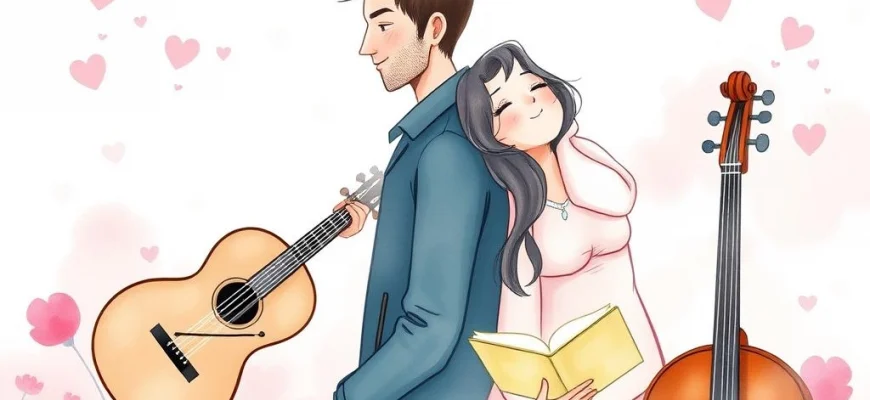If you loved the quirky charm and romantic tension of The Owl and the Pussycat (1970), you're in for a treat. This article explores 10 movies and shows that capture the same witty banter, unlikely pairings, and heartfelt moments. Whether you're a fan of classic rom-coms or modern love stories, these picks will keep you entertained.
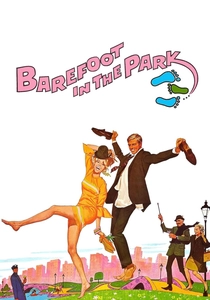
Barefoot in the Park (1967)
Description: A charming romantic comedy about newlyweds adjusting to married life in a tiny New York apartment. The film balances humor with relatable relationship dynamics and urban living challenges.
Fact: The movie is based on Neil Simon's Broadway play of the same name. It was one of the top-grossing films of
 Watch Now
Watch Now 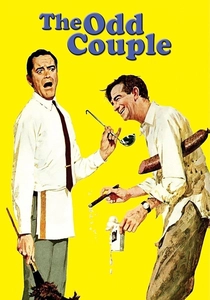
The Odd Couple (1968)
Description: A hilarious exploration of mismatched roommates and their clashing personalities. The film's humor stems from the contrast between the neat-freak and slob dynamic, offering a witty look at friendship and cohabitation.
Fact: The movie was adapted from Neil Simon's play, which was inspired by his brother's divorce. It spawned a successful TV series in the 1970s.
 Watch Now
Watch Now 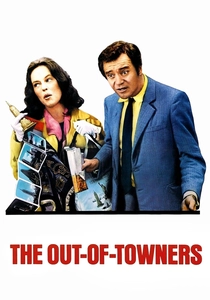
The Out-of-Towners (1970)
Description: A comedic take on the trials and tribulations of a couple navigating the chaos of New York City. The film combines slapstick humor with a fish-out-of-water narrative, highlighting the absurdities of urban life.
Fact: The screenplay was also written by Neil Simon. The film was remade in 1999 with Steve Martin and Goldie Hawn.
 Watch Now
Watch Now 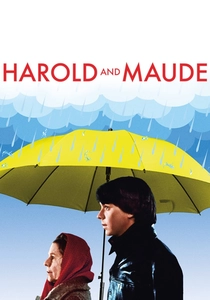
Harold and Maude (1971)
Description: This film shares a quirky, offbeat romantic comedy style, blending dark humor with heartfelt moments. It explores unconventional relationships and personal growth in a way that feels both whimsical and profound.
Fact: The soundtrack features songs by Cat Stevens, which became iconic. The film initially received mixed reviews but later gained a cult following.
 Watch Now
Watch Now 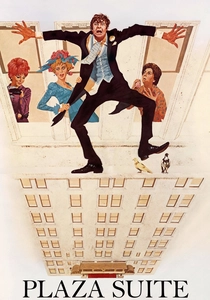
Plaza Suite (1971)
Description: A series of vignettes set in the same hotel suite, each exploring different aspects of love and relationships with humor and heart. The film's structure allows for a variety of comedic and dramatic moments.
Fact: The film features Walter Matthau in three distinct roles. It was based on Neil Simon's Broadway play of the same name.
 Watch Now
Watch Now 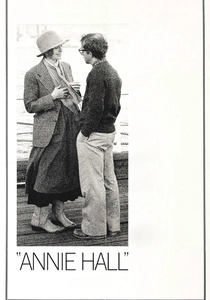
Annie Hall (1977)
Description: A witty, introspective romantic comedy that delves into the complexities of relationships with sharp dialogue and a mix of humor and melancholy. The narrative structure is innovative, breaking the fourth wall and using flashbacks.
Fact: The film won four Academy Awards, including Best Picture. Many scenes were improvised, adding to the film's naturalistic feel.
 Watch Now
Watch Now 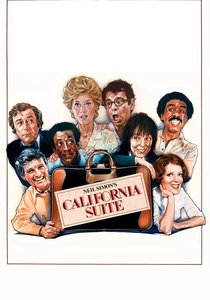
California Suite (1978)
Description: Another anthology-style comedy set in a hotel, this time in Beverly Hills. The film weaves together multiple stories about love, marriage, and personal crises, blending humor with poignant moments.
Fact: The film was nominated for four Academy Awards. It was based on Neil Simon's play, which was inspired by his own experiences in Los Angeles.
 Watch Now
Watch Now 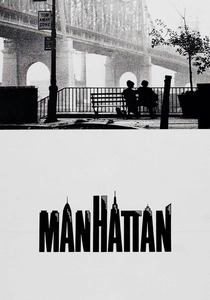
Manhattan (1979)
Description: A sophisticated romantic comedy set in New York City, known for its black-and-white cinematography and sharp, intellectual dialogue. The film explores themes of love, art, and existential angst.
Fact: The iconic opening montage set to Gershwin's 'Rhapsody in Blue' is one of the most celebrated sequences in cinema. The screenplay was co-written by Woody Allen and Marshall Brickman.
 Watch Now
Watch Now 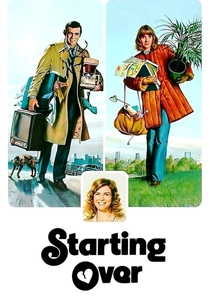
Starting Over (1979)
Description: A lighthearted yet poignant look at love and second chances, featuring a blend of humor and emotional depth. The story revolves around a man navigating the ups and downs of new relationships after a divorce.
Fact: The film was based on a novel by Dan Wakefield. It features a memorable performance by Burt Reynolds in a more dramatic role than usual.
 Watch Now
Watch Now 
The Four Seasons (1981)
Description: A warm and humorous look at the friendships and romantic relationships of three couples over the course of a year. The film balances comedy with thoughtful reflections on love and aging.
Fact: The movie was written and directed by Alan Alda, who also starred in it. The title refers to the changing seasons and how they mirror the characters' lives.
 Watch Now
Watch Now 
